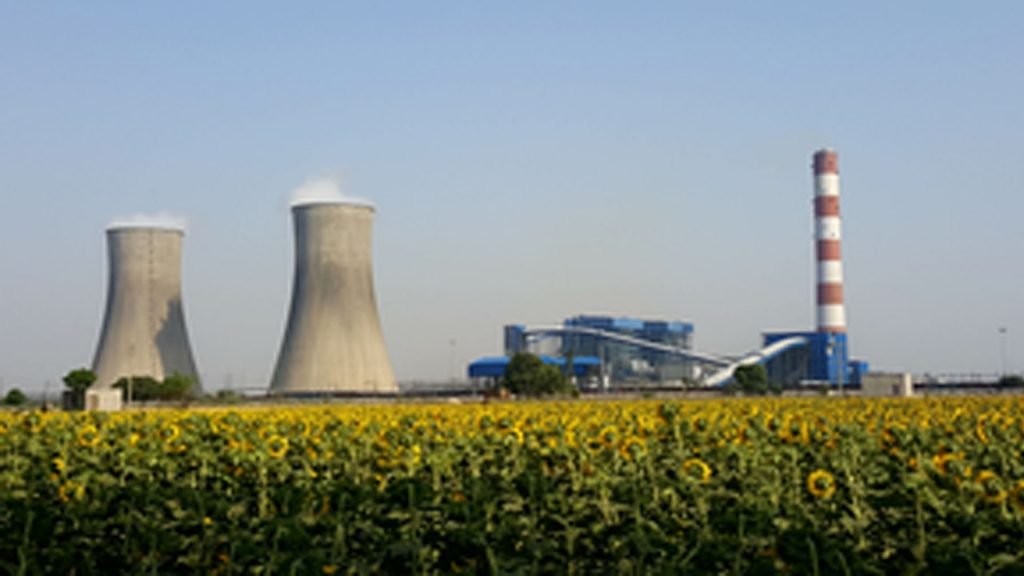Kolkata: A report from the Centre for Research on Energy and Clean Air (CREA) reveals that thermal power plants in West Bengal produce 18 times the air pollution compared to the 17.8 kilotonnes released from the burning of 8.9 million tonnes of paddy straw.
Currently, none of the thermal power plants in the state have installed fuel gas desulphurisation (FGD) systems, which, if fully implemented, could reduce annual SO₂ emissions by about 64%, decreasing them from 313 kilotonnes to approximately 113 kilotonnes. This reduction would significantly improve air quality and public health.
The report analyzes data from 15 coal-based thermal power plants in West Bengal, highlighting that Farakka Thermal Power Station is the largest emitter. If FGD systems were in place, this plant could have achieved a 73% reduction in emissions.
The study compares emissions from West Bengal’s thermal power plants, which release 313 kilotonnes of SO₂ annually, to the emissions from burning 8.9 million tonnes of paddy straw, which amount to 17.8 kilotonnes. This indicates that emissions from thermal power plants are 18 times greater than those from stubble burning in Punjab and Haryana.
While stubble burning leads to temporary spikes in pollution, thermal power plants contribute to a consistent and significant pollution source throughout the year. The report emphasizes the need for stricter regulations on emissions from thermal power plants, which often receive leniency and extensions for compliance, particularly regarding FGD installations, while farmers face strict penalties for stubble burning.
CREA recommends setting enforceable deadlines for FGD installation and imposing penalties for delays, along with regular updates on progress and emission reductions to promote accountability. Manoj Kumar, a CREA analyst, notes that the health and economic benefits of implementing FGDs greatly outweigh their costs, providing a pathway to cleaner air and improved public health.
